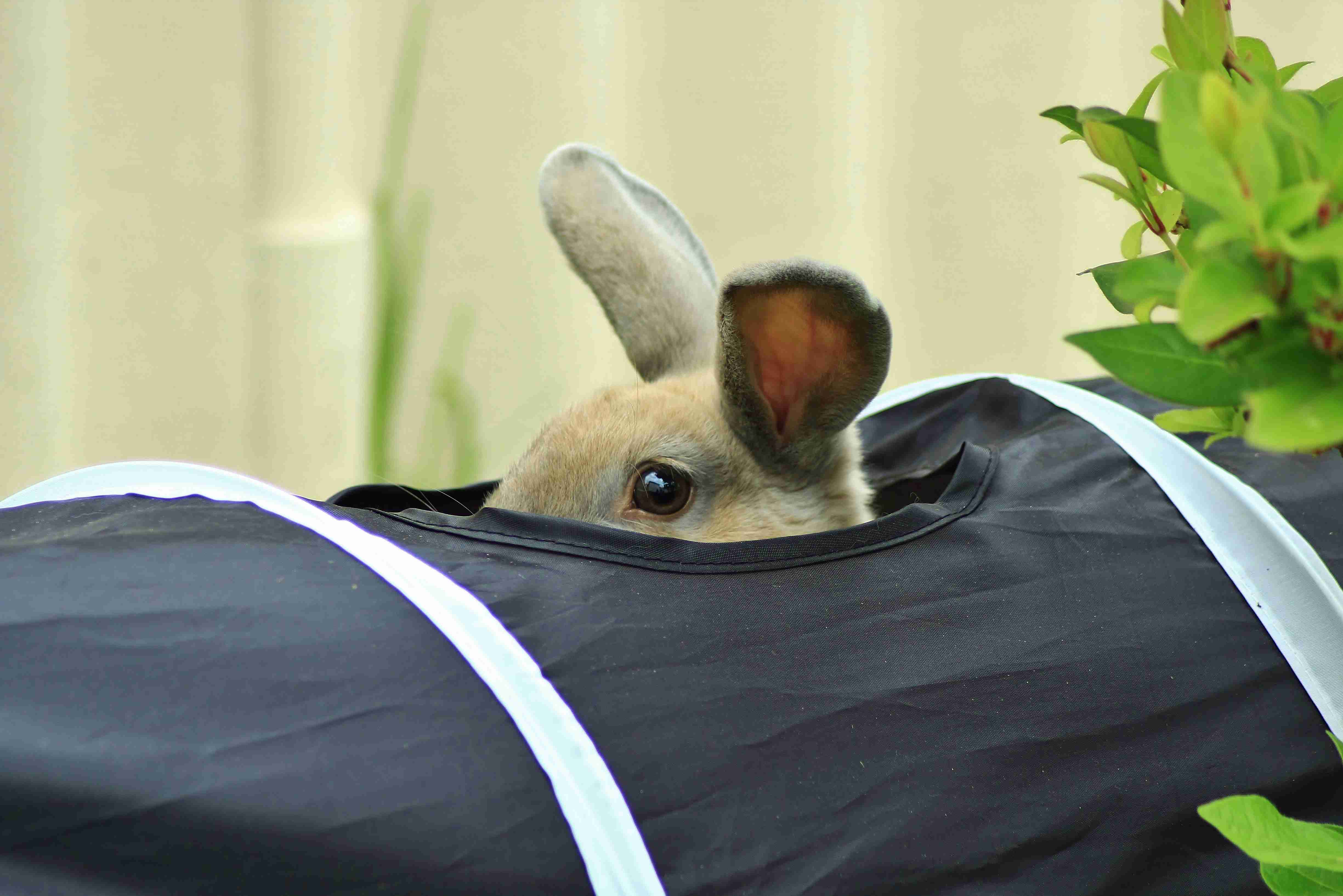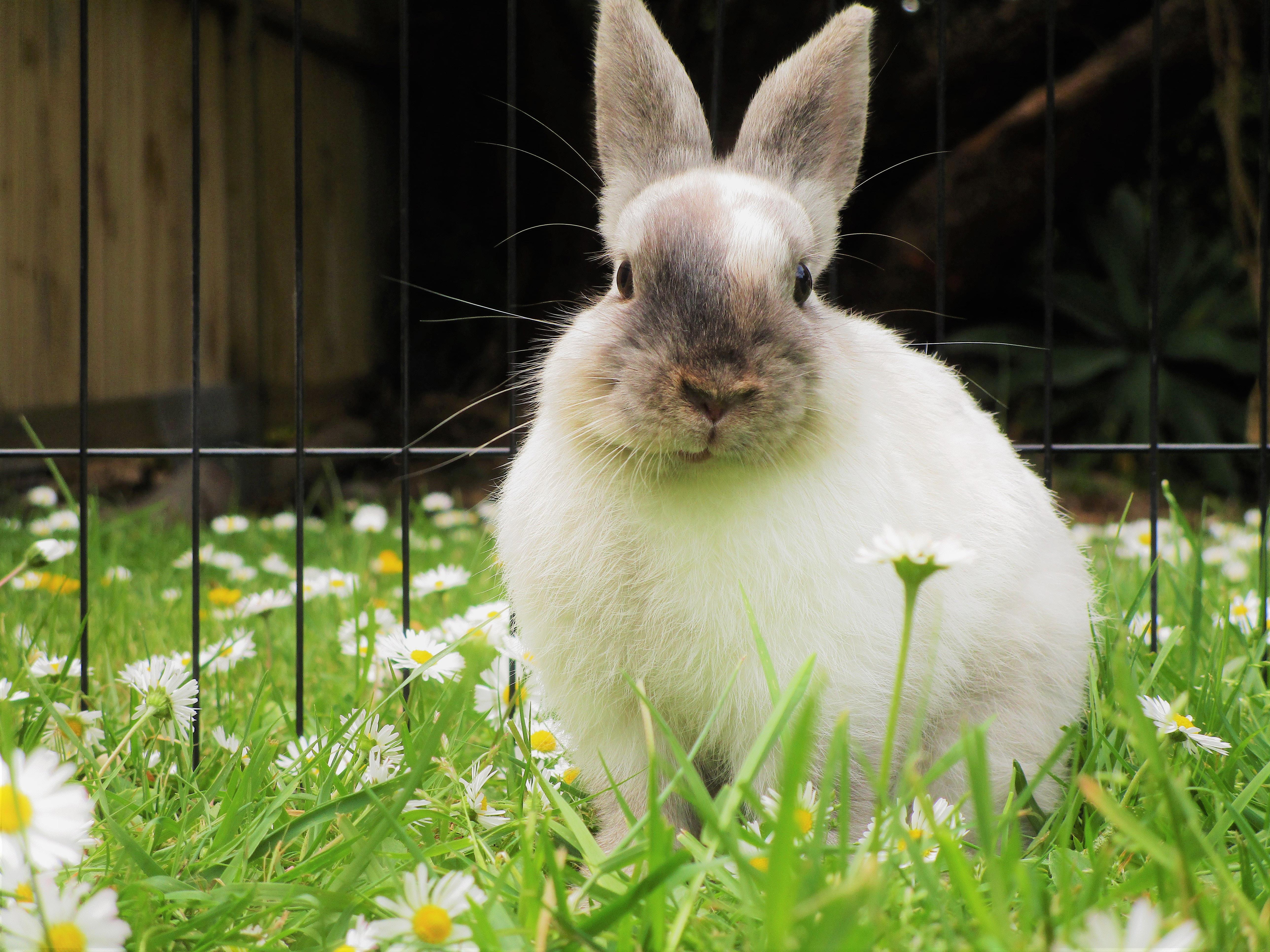Rabbits are one of the most popular pets in the world, and for good reason. They’re adorable, snuggly, and make excellent companions. However, like all animals, they can suffer from health issues. One of the most common problems that rabbits face is dental issues. These issues can be incredibly painful for your furry friend and can lead to serious health problems if left untreated. As a responsible pet owner, it’s important to know what signs to look out for when it comes to your rabbit’s dental health. In this blog post, we’ll take a closer look at the signs of dental issues in rabbits and what you can do to help keep your pet healthy and happy.
As a rabbit owner, you want to ensure that your furry friend lives a happy and healthy life. However, dental issues are common in rabbits and can lead to severe health problems if left untreated. Therefore, it’s essential to keep an eye out for signs of dental issues in your rabbit. In this post, we’ll discuss some common signs of dental issues in rabbits and what you can do to prevent them.
1. Changes in Eating Habits
Rabbits with dental issues may experience changes in their eating habits. They may refuse to eat or drink, or they may eat less than usual. This is because dental issues can cause pain when chewing or swallowing, making it difficult for rabbits to eat normally.
2. Drooling
Drooling is another common sign of dental issues in rabbits. If you notice your rabbit drooling excessively, it may be a sign of a tooth or gum problem. Rabbits’ teeth grow continuously throughout their lives, and if they aren’t worn down properly, they can cause pain and discomfort.
3. Weight Loss
Rabbits that experience dental issues may also experience weight loss. This is because they’re not getting enough nutrients from their food. If you notice that your rabbit is losing weight, it’s essential to take them to a vet to determine the underlying cause.
4. Bad Breath
Bad breath is a common sign of dental issues in rabbits. If your rabbit’s breath smells foul, it may be a sign of a tooth or gum problem. It’s essential to take your rabbit to a vet to determine the cause of the bad breath and to treat any underlying dental issues.
5. Changes in Behavior
.jpg)
Rabbits with dental issues may also experience changes in behavior. They may become more irritable or aggressive, or they may withdraw and become less active. This is because dental issues can cause pain and discomfort, making it difficult for rabbits to behave normally.
Preventing Dental Issues in Rabbits
Preventing dental issues in rabbits is crucial to keeping them healthy and happy. Here are some things you can do to prevent dental problems:
1. Provide a Healthy Diet
A healthy diet is crucial to preventing dental issues in rabbits. Make sure your rabbit’s diet consists of hay, fresh vegetables, and a small amount of pellets. These foods will help wear down their teeth naturally and prevent them from overgrowing.
2. Provide Chew Toys
Chew toys are an excellent way to keep your rabbit’s teeth healthy. They help wear down their teeth and prevent them from overgrowing. Make sure to provide a variety of chew toys, such as wooden blocks and cardboard tubes.
3. Regular Vet Checkups
Regular vet checkups are essential to preventing dental issues in rabbits. A vet can examine your rabbit’s teeth and determine if there are any issues that need to be addressed. They can also provide advice on how to keep your rabbit’s teeth healthy.
Overall, dental issues are common in rabbits, but they can be prevented with proper care. By keeping an eye out for signs of dental issues and taking steps to prevent them, you can ensure that your rabbit lives a happy and healthy life. If you suspect that your rabbit has dental issues, it’s essential to take them to a vet as soon as possible to get them the care they need.
As a rabbit owner, it is important to be aware of the signs of dental issues in your furry friend. By keeping an eye out for symptoms such as reduced appetite, drooling, and dental malocclusion, you can catch any potential problems early and seek veterinary attention. Remember, prevention is key when it comes to dental health in rabbits, so make sure to provide your bunny with a healthy diet, plenty of hay, and regular dental check-ups. With proper care, you can help your rabbit maintain a healthy and happy smile for years to come.


.jpg)


.jpg)

.jpg)
.jpg)